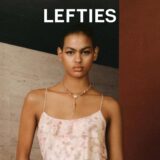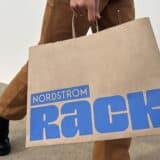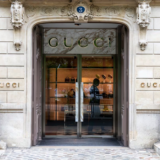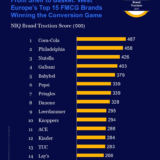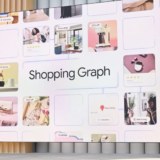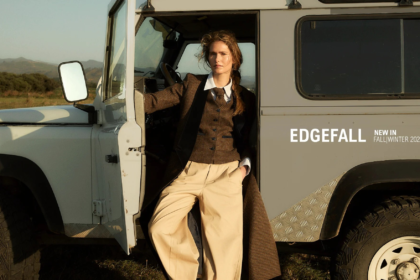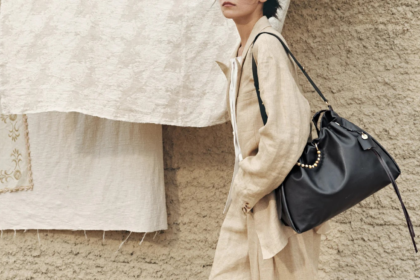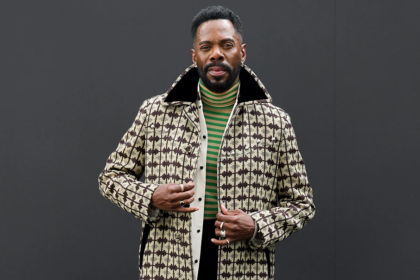Rebundle is disrupting a near $3 billion hair extensions market by replacing toxic plastic fibers with biodegradable banana-stem strands while pioneering USA manufacturing in an industry dominated by Asian production. The St. Louis-based startup has become the top-searched name in plant-based braiding hair, signaling a broader shift toward sustainable innovation and health-conscious beauty products. Here’s how Rebundle is changing the hair extensions game, and why entrepreneurs should pay attention to this venture-backed company that’s solving real problems while building serious capital.
The Problem They’re Solving
One-third of women who use synthetic hair extensions deal with scalp irritation. The culprit? Plastic fibers like acrylic, polyester, and PVC that contain toxins and flame retardants. Beyond the health issues, there’s an environmental disaster: 30 million pounds of plastic synthetic hair ends up in U.S. landfills every year.
Recent research from Harvard’s School of Public Health found that synthetic braiding hair from 10 popular brands contained dangerous chemicals including carcinogens, lead levels above safe limits, and volatile organic compounds in every single tested product.
That’s exactly what happened to founder Ciara Imani May in 2019. Her scalp became so irritated from syntheticd researching alternatives. What she found was disturbing—the hair extensions industry was built on materials that were literally harmful to both bodies and the planet.
The Solution: Banana Fiber Hair Extensions
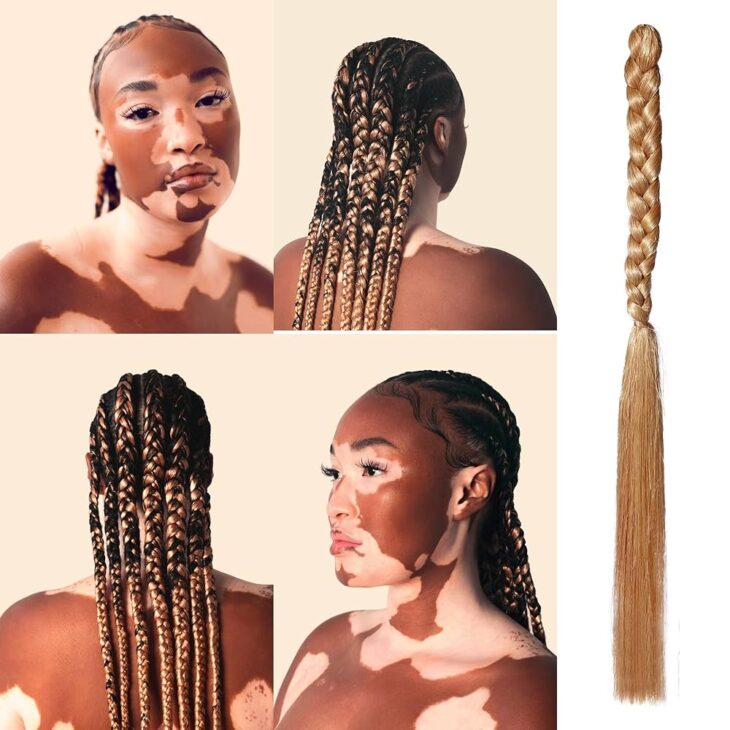
Rebundle creates plant-based hair extensions using banana fiber—yes, actual banana stems that would otherwise be agricultural waste. Their ReGen Hair Fiber™ technology transforms this waste into soft, itch-free braiding hair that’s:
-
97% bio-based and USDA certified
-
Biodegradable and compostable at home
-
Reusable up to 3 times
-
Heat safe up to 350°F
-
Non-toxic with no chemicals from California’s Prop 65 banned list
The Business Model That’s Working
Direct-to-Consumer Strategy: Rebundle sells primarily through their website, creating scarcity by releasing limited inventory drops that often sell out in under an hour.
Smart Pricing: At $45 per bundle, they’ve positioned themselves between cheap $3 plastic alternatives and $100+ human hair extensions—hitting that sweet spot where customers will pay for sustainability and comfort.
Community Building: They run a recycling program where customers can mail back used plastic hair, which Rebundle downcycles into outdoor furniture and garden tools. The company has collected 235 pounds of plastic synthetic hair through this program.
The Funding Success Story
| Date | Round | Amount | Lead Investor | Use of Funds |
|---|---|---|---|---|
| 2020 | Grants | Six-figures | Arch Grants | Proof of concept |
| Jan 2022 | Pre-Seed | $1.4 million | M25 | Team & supply chain |
Key Investors Include:
-
M25: Chicago-based VC focused on Midwest startups that has become the most active investor in the region
-
Closed Loop Partners: New York-based investment firm focused on building the circular economy
-
Portfolia: Women-focused investment funds
-
Arch Grants: St. Louis startup accelerator that provides $50,000 equity-free grants to entrepreneurs who commit to operating in St. Louis
- SHOPLINE: A leading global commerce Software-as-a-Service (SaaS) provider announce Rebundle will receive up to $50,000 in non-dilutive capital as a part of the inaugural XRC Brand Builder Grant program.
Why It’s Set For Success
1. Problem-Solution Fit: May experienced a problem personally and validated it with extensive customer research.
2. Sustainability as Revenue Driver: Rather than treating sustainability as a cost center, Rebundle made it their core value proposition and competitive advantage.
3. Geographic Strategy: Moving to St. Louis unlocked grant funding and lower operating costs while accessing M25‘s Midwest-focused network.
4. Media Coverage: The company has been featured in TechCrunch, Essence, and multiple sustainability publications, building brand awareness without massive ad spend.
Competitive Landscape
While traditional synthetic hair brands like Xpression dominate on price, and human hair extensions compete on premium positioning, Rebundle has carved out the “conscious consumer” segment that’s willing to pay more for. Rebundle’s bio-material moat and recycling flywheel differentiate it from both legacy synthetic incumbents and premium human-hair players.
| Company | Core Fiber | Funding | Primary Market | Key Differentiator |
|---|---|---|---|---|
| Rebundle | Banana cellulose | $1.4M-$2.1M | U.S. Black women | Compostable, itch-free |
| RadSwan | Recycled PET blend | Undisclosed | U.K./U.S. | Afro-textured wig kits |
| Xpression | Plastic Kanekalon | Corporate | Global | Low price |
| Hairtelligence | Human hair + AI fit | $2.5M | Custom wigs | AI sizing |
Manufacturing & Supply Chain Innovation
The banana fiber sourcing is particularly clever—they’re using agricultural waste that’s typically burned or discarded. This creates a sustainable raw material supply while potentially forming partnerships with banana farms globally.
Their U.S. manufacturing strategy also addresses supply chain resilience—a lesson many companies learned during COVID disruptions.
What Entrepreneurs Can Learn
1. Start With Your Own Pain Points: The best businesses often solve problems the founder personally experienced.
2. Think Beyond Product: Rebundle‘s recycling program turns waste management into customer engagement and competitive intelligence.
3. Geographic Arbitrage: Sometimes the best funding isn’t on the coasts—Midwest VCs like M25 are hungry for quality deals.
4. Build for Recurring Revenue: Hair extensions naturally create repeat customers, but many consumer products can be designed with subscription or replacement cycles.
5. Use Constraints as Features: The fact that banana fiber requires different care instructions becomes part of the premium, artisanal positioning.
The Road Ahead
The beauty industry is ripe for disruption and Rebundle show how to build sustainable businesses that are better for customers, communities, and the planet. Rebundle is positioned to capture more of the growing clean beauty market and studies continue to validate their mission, with Harvard researchers and Consumer Reports findings showing widespread contamination in synthetic braiding hair products



